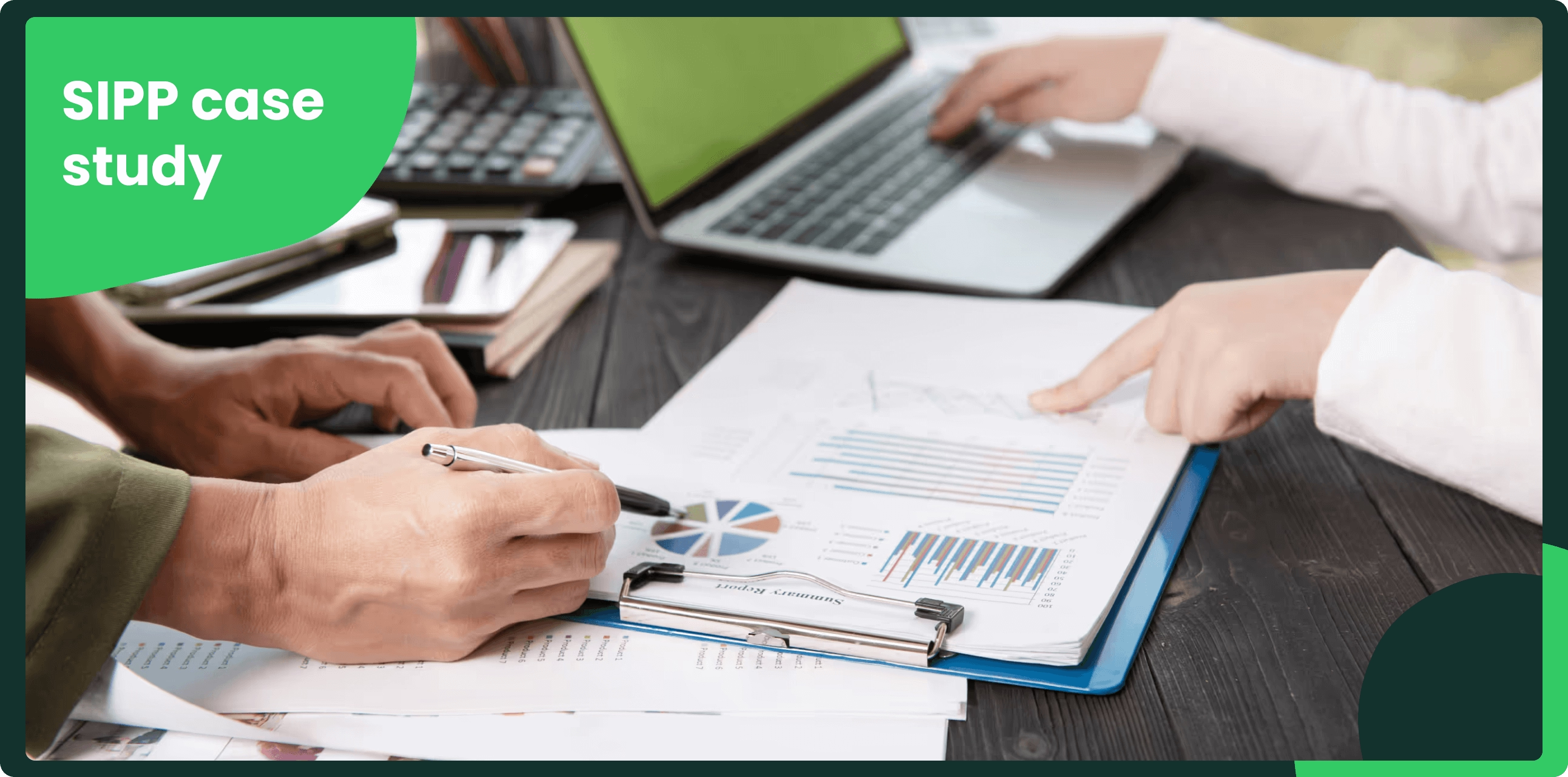Financial advisers, fund managers, banks and other investment institutions are obliged to disclose all investment charges and fees before an individual commits to a pension transfer or portfolio agreement.

If this actually happened, investors would be fully equipped to make an informed decision before it’s too late. Unfortunately, this isn’t always the case; many only discover the reality of the contract they signed for months or even years later.
A common defence for unscrupulous advisers is that by signing the forms, any misunderstanding is your responsibility, and you have no opportunity to reclaim unstated or unclear charges.
This is, of course, complete nonsense but difficult to prove in the case of dispute, even if full disclosure wasn’t provided pre-sale. I use the word sale here deliberately, as professional advisers don’t sell products. Rather, they provide advice and follow their regulator’s transparency and due diligence rules.
Forewarned is forearmed. it’s important to know what charges might apply to your investment and how to avoid unnecessarily high annual fees well in advance.
A breakdown of all investment charges
Here’s our guide to investment charges and a few warnings for would-be investors.
Pension trustee fees
These fees are usually fixed annual amounts taken directly from your QROPS or SIPP account. You can easily find out what your trustee charges by checking their website. All reputable companies provide fee schedules without the need to register on their site.
Annual fees will rise over time to account for inflation, and additional fees might apply for drawdown, alterations, and currency exchange.
Platform fees
Whether you are making a direct investment or selecting funds via a QROPS or SIPP, an investment platform will be necessary to administer purchases, sales and switches. Dealing fees vary considerably depending on which platform is used. The lowest I’m aware of is only $5 per trade, but some providers charge as much as €80 every time you buy and sell.
Annual charges are usually percentage-based, ranging from 0.25% to 0.50% p.a., based on the value of the portfolio or initial investment. It’s important to know how this works.
Adviser fees
Most advisers will take an initial fee and an ongoing service, plan management and investment advice charge. All advisers are mandated to disclose this fee before an investment is placed. This fee is usually paid directly to the adviser out of the fund on completion of the administration process. Make sure you ask for a fee schedule immediately after first contact and know exactly how much you pay. Failure to provide this information is unethical and contrary to regulatory requirements. Initial fees or commissions are usually percentage-based; it’s vital that you know exactly how much the adviser is charging you.
Reputable advisers will have no problem providing this information. Less reputable companies will duck and dive and hope you either don’t ask or will accept vague explanations that don’t actually identify the real costs.
On-going service fees should also be disclosed at the beginning of the process. Again, these fees vary according to which adviser you are speaking to.
Clear information regarding adviser fees and investment charges should be requested in writing. It’s also a regulatory requirement for advisers to send an illustration to prospective clients before an application goes ahead. Indeed, many trustees won’t approve acceptance unless the adviser first provides a signed illustration.
Investment fund fees
This is an area where additional commissions are often hidden and obscured. It’s also the charge that investors most often overlook when deciding who to work with.
All investment funds quote an ‘Annual Management Charge’ (AMC). This figure will be a percentage paid to the investment provider for managing a fund. The AMC is almost meaningless, however. The real cost of investing in a fund is expressed as a Total Expense Ratio (TER) or ‘Overall Charges Figure’ (OCF).
If the AMC is only slightly lower than the TER/OCF, there’s nothing to be concerned about. If the difference is significant, someone is making additional commissions, probably without you knowing. So, if the AMC is 0.85% p.a. and the TER/OCF is 1.50% p.a., be very careful and ask for a written explanation of who is receiving the extra fee.
There are funds out there which charge almost 3% per annum TER/OCF. If the service charge is also 1% p.a. and product charges are another 1% p.a. or more, the fund is going to have to perform particularly well to stand still, never mind make a profit. Don’t be afraid to ask for the real numbers!

This investment charges list isn’t exhaustive, as unscrupulous advisers always look for new ways to hide additional fees from their clients. To help protect yourself before it’s too late, here are some tips to ensure you are forearmed.
- Cold contact: Not all cold contacts are scams, but all scams begin with cold contact. This can include phone calls, WhatsApp messages, texts and emails. Even if someone calls saying you were referred to them by a friend, don’t believe them unless they are prepared to give you the name so you can check with the individual before proceeding. No excuses should be accepted!
- Refuse to engage before a fee schedule is provided in writing. Don’t forget the difference between AMCs and TER/OCFs. Ask for ‘Fact Sheets’ for any recommended fund, and be careful when the fund in question is ‘white labelled’ with the advisory company’s logo.
- Know how to exit an investment or change advisers. Do exit fees apply, and what are they?
- Once in a lifetime opportunity: There is no such thing. Don’t be railroaded into making an investment on the basis that it won’t be available tomorrow.
- Esoteric and unregulated investments: All fund failures and scams in recent years involve this type of ‘opportunity’. Avoid any fund that isn’t invested in a highly regulated territory, as the chance of losing some or all of your money is very high. If a fund isn’t based in, say, the UK, Ireland or Luxembourg, the question is, why not?
- Lock-in periods: You rarely need to be locked into a particular fund. Make sure your investment recommendations are for ‘daily traded liquid funds’.
- Scams: Never ever give your bank or credit card passwords over the phone or allow a scammer remote access to your computer. Reputable companies and banks will never ask you to do this. If you are buying online, make sure the site is secure.
- Last, remember that if something sounds too good to be true, it usually is!
If you think you are being overcharged, it isn’t too late to do something about it. Any reputable adviser will provide a free analysis of your account and find ways in which you can reduce fees.
If you want to learn more about investment charges, please get in touch.
About Phil Loughton
He has worked in the financial services industry for 35 years and is an expert in expatriate retirement planning.













